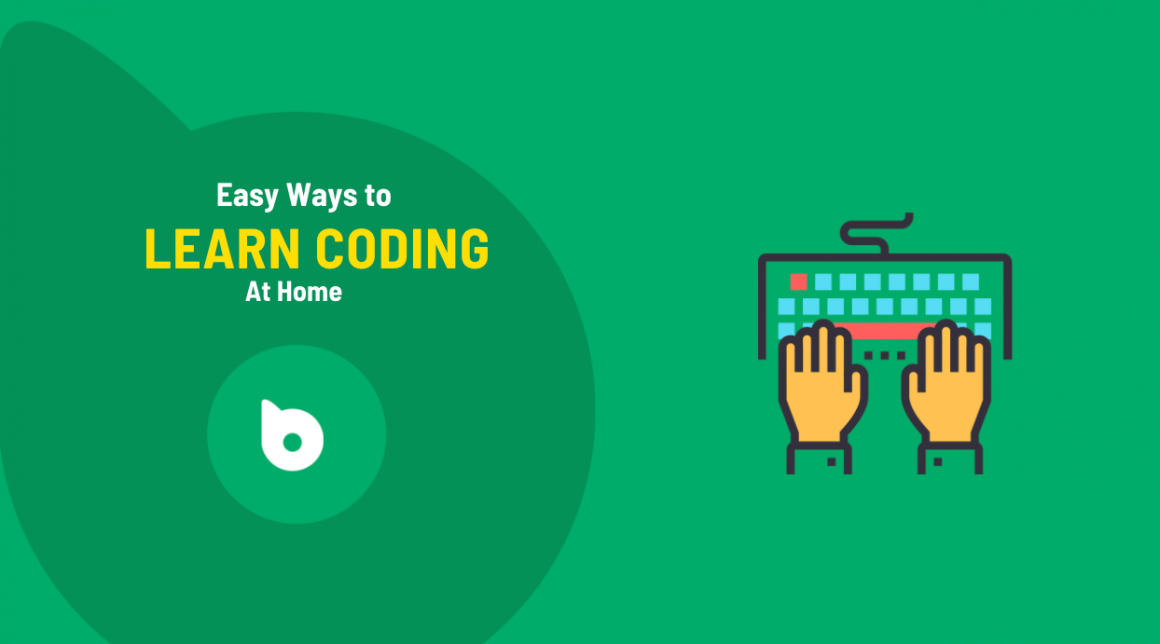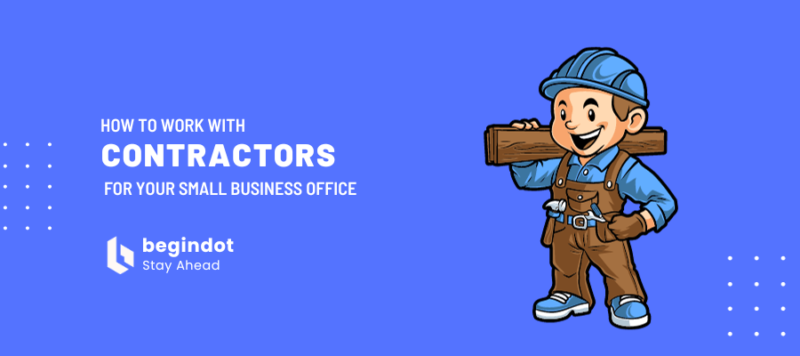If you want to learn a skill that will land you a secure and fulfilling job, programming is the right bet. According to the Bureau of Labor, the job market for coding is growing at an 11% rate – faster than any other sector.
Learning coding from scratch can feel intimidating, especially if you don’t have the possibility to enroll in a computer science program. However, with a wide range of beginner-friendly resources, it’s possible to master programming on your own.
In this post, we will go over 6 engaging and effective ways to learn coding at home.
1. Online Courses
An online course is the closest a self-taught coder can get to a University-like environment since you will have a fixed lecture schedule and a set-in-stone curriculum.
Another benefit of coding courses is practice-drivenness. Some programs have students complete one large-scale project over the course of training, others encourage learners to complete dozens of practice problems to apply theoretical ideas and prepare for job interviews.
To find the course that fights your time, needs, and budgets, take a look at top platforms for programming learners:
- Java: Codegym, a full course on Java for beginners
- Python: a free course released by Google
- C#: C# Basics for Beginners
- JS: Learn JavaScript with Codeacademy
- Full-stack web development: Altcademy online bootcamp
Extra tip: following step-by-step tutorials and programming blogs like https://codegym.cc/groups/posts is a viable alternative to online courses.
2. Learning Computer Science Principles and Computational Thinking
While it’s important to know programming languages, ultimately, they are problem-solving tools. To apply Java, Python, or other technology effectively, a programmer needs to know how to break problems down and come up with feasible and scalable solutions.
To this end, if you want to start thinking like a programmer, start by learning general computational thinking and OOP principles. There are a lot of excellent resources that cover high-level concepts:
- Harvard CS50x: Introduction to Computer Science
- Computational Thinking For Problem-Solving (Coursera)
- Computational Thinking With Google
- Computational Thinking With Python on edX.
3. Follow Youtube Tutorials and Coding Games
Unless you enjoy abstraction, it’s easy to get unmotivated if you keep dwelling on theoretical ideas without applying them in the real-world context. To stay excited about programming, learners should see the results of their training – building programs from scratch is the best way to see how far you’ve come.
There are two engaging ways to get practical experience in coding: Youtube tutorials and coding games. The best resources of both worlds are listed below:
Practice-Driven Youtube Tutorials:
- Building a calculator in Python.
- Designing a snake game in Java.
- Making a clock in JavaScript.
Coding games:
- Lightbot
- CodeMonkey
- Machineers.
4. Use STEM Toys
Using learning tools for kids might seem juvenile and childish, but they are excellent tools for simplifying challenging concepts. STEM kits have a lot of benefits: they teach coding on practice projects, make learning syntax highly engaging, and bring variety into learning programming.
If you are wondering what coding toys are worth giving a try, here are some universal favorites:
- Piper Computer Kit 2 introduces learners to coding by having them build a Raspberry Pi computer.
- Sphero BOLT helps you design a BB8-droid.
- Botley: The Coding Robot is a fun introduction to robotics.
5. Lurk on Forums
While active learning is important, getting into the “developer state of mind” is equally necessary. Including coding-related Reddit threads in your social media procrastination binges is a good way to get exposure to the field without feeling exhausted or brain-fried.
Here are the most active and beginner-friendly Reddit communities on computer science and software development:
6. Customize Your Virtual Assistants
If you want to see your training pay off as quickly as possible, one of the most creative and mature ways to apply coding skills is by customizing smart assistants like Alexa.
For example, you can teach smart devices to gather data from specific sources rather than choosing news sites at random with intermediate Python, Java, or Node.js skills. It’s a good idea to use Amazon skill blueprints as a point of reference for Alexa customization.
Final Thoughts
Learning programming is fun if you approach it creatively. There are a lot of ways to make your learning curve smoother and more engaging – from online courses to STEM toys. At the end of the day, the key to becoming a great computer scientist is in staying passionate about coding.
Decide whether it takes building real-life projects as quickly as possible or by community immersion and CS nerding on Reddit and build a study plan that’s flexible and fun to follow.









